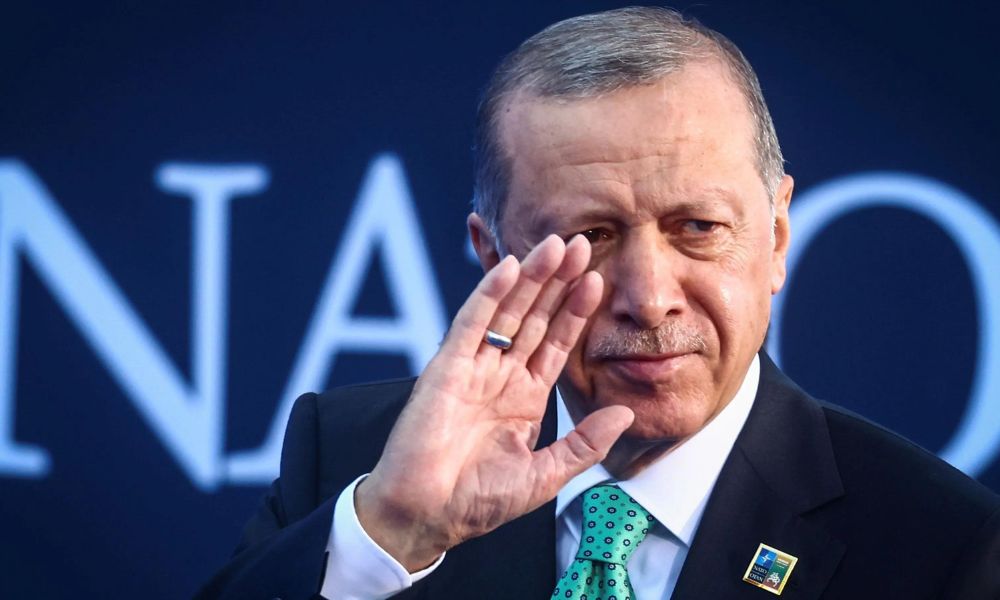
The Armenian Genocide, which took place during World War I under the Ottoman Empire, stands as one of the darkest chapters in human history. The atrocities committed against the Armenian population have left an indelible mark on the collective memory and identity of Ethnic Armenians worldwide. In this blog post, we will explore how the Armenian Genocide has profoundly affected the consciousness, culture, and identity of this resilient community.
Before delving into the impact, it's crucial to understand the historical context of the Armenian Genocide. Between 1915 and 1923, approximately 1.5 million Armenians were systematically murdered, and countless others were displaced from their ancestral lands. This genocide occurred as a result of a deliberate policy of the Ottoman government, and it left deep scars on the Armenian people.
The Armenian Genocide left an enduring collective trauma that continues to reverberate through generations. Survivors and their descendants carry the memories of the atrocities, often passed down through oral histories and family stories. This trauma has become an integral part of the Armenian identity, shaping the way Armenians view themselves and their place in the world.
The genocide forced many Armenians into a global diaspora, scattering them across the world. As a result, the Armenian identity is not confined to a single geographic location but is instead a global phenomenon. The diaspora has allowed Armenians to maintain their cultural heritage and identity in diverse settings while also contributing to the rich tapestry of the countries they now call home.
In the face of the Armenian Genocide, preserving their culture became a form of resistance for the Armenian people. Language, art, music, and religion played pivotal roles in maintaining their cultural identity. Today, Armenians around the world continue to celebrate their rich cultural heritage through festivals, music, dance, and cuisine, ensuring that the memory of their ancestors lives on.
The Armenian Genocide remains a contentious issue on the international stage, with some nations still reluctant to officially recognize it as genocide. Armenians worldwide have dedicated significant efforts to seek recognition and justice for the crimes committed against their ancestors. These advocacy efforts not only keep the memory of the genocide alive but also unite Armenians in a common cause.
For many Armenians, the quest for closure and acknowledgment of the genocide is deeply personal. The unresolved pain and injustice fuel their determination to keep the memory alive and ensure that the world never forgets the atrocities committed against their people.
The Armenian Genocide has not only influenced the collective memory and identity of Ethnic Armenians but also plays a crucial role in contemporary politics and international relations. It affects Armenia's relationship with Turkey and has broader implications for global recognition of genocide as a crime against humanity.
The Armenian Genocide is an integral part of the collective memory and identity of Ethnic Armenians. Its enduring impact is seen in the resilience of a people who have turned their pain into strength, preserving their culture, seeking justice, and ensuring that the world never forgets the atrocities committed against them. As we reflect on this dark chapter in history, it serves as a reminder of the power of memory and the enduring spirit of a people determined to remember and honor their past.